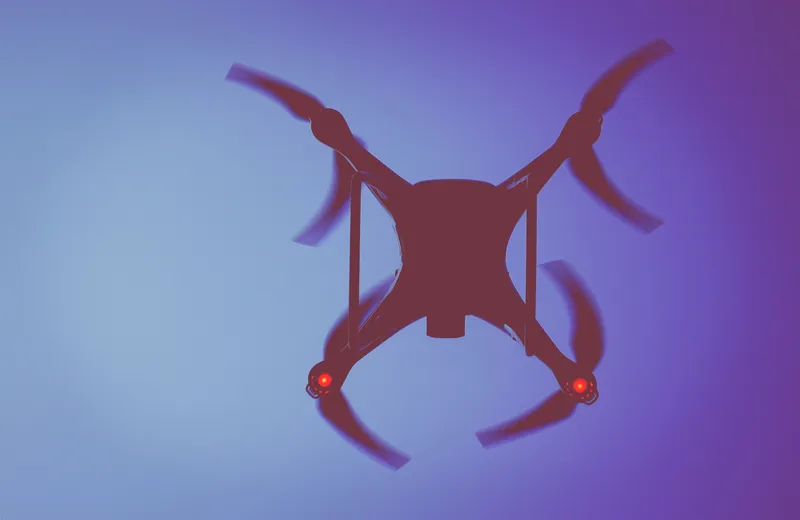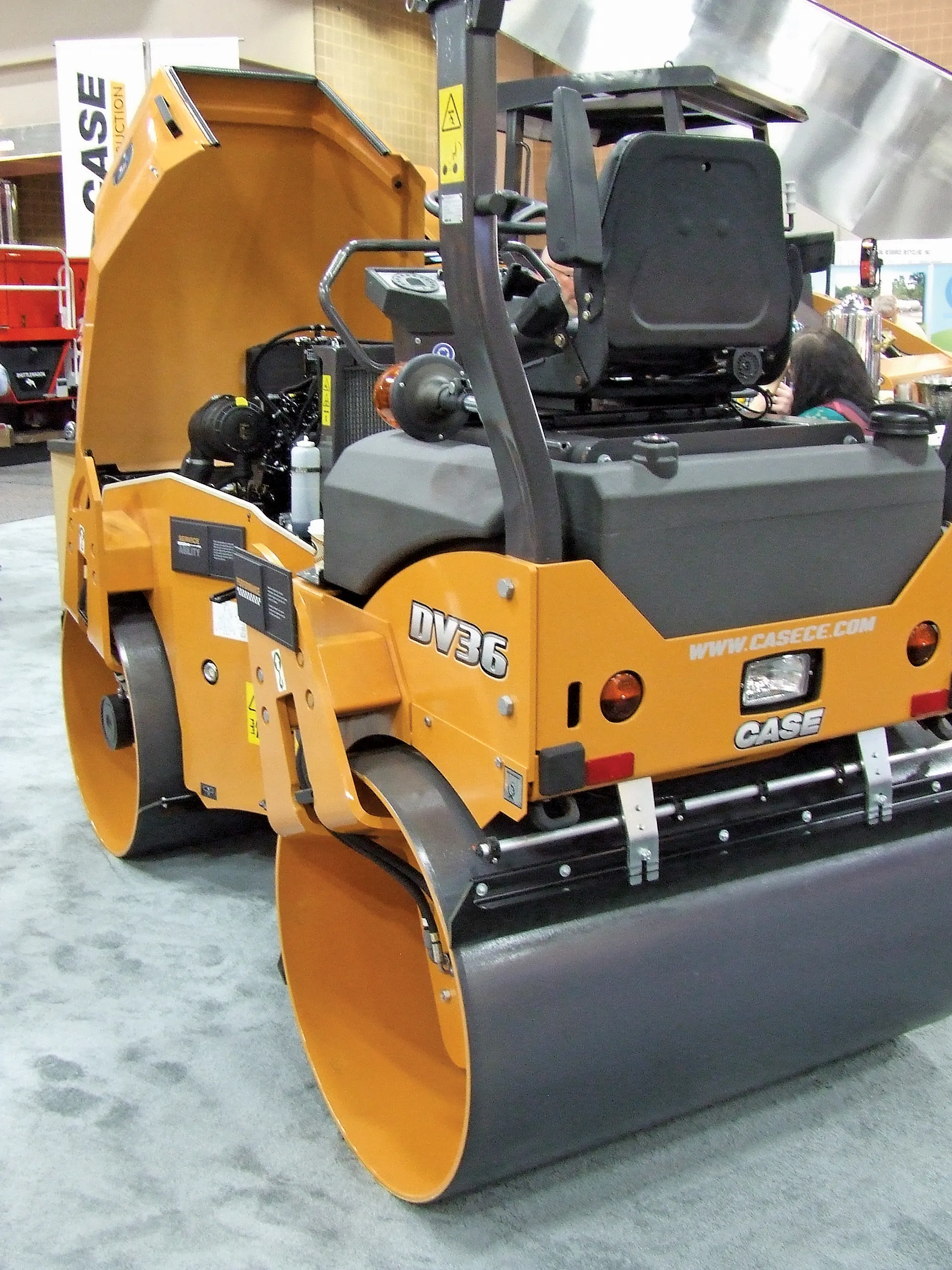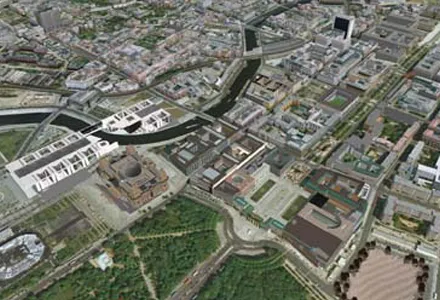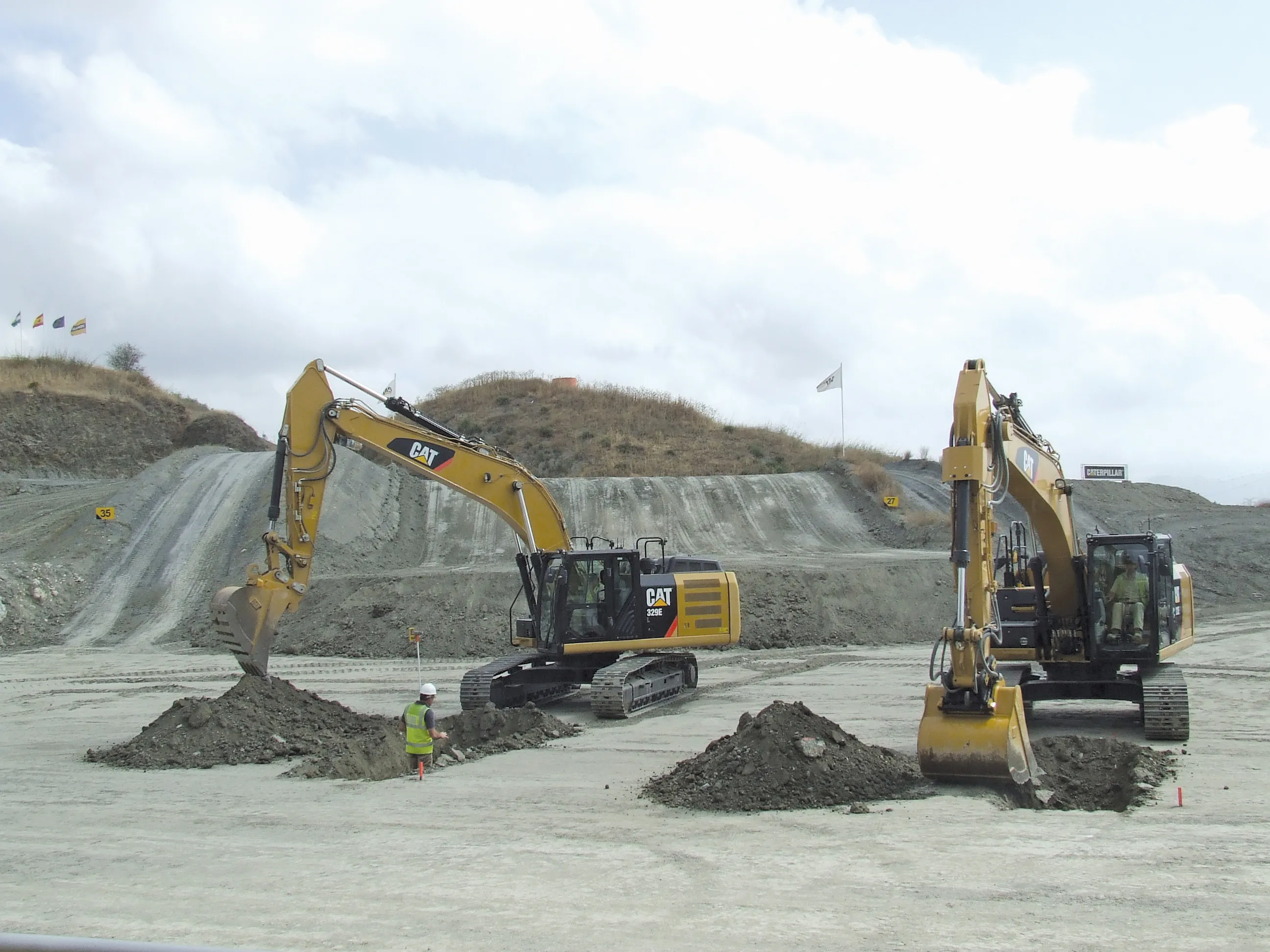
Honeywell has set up a drone business unit to tap into the increasing demand for unmanned aerial systems and urban air mobility.
The company says that its Unmanned Aerial Systems unit will use Honeywell’s technology, software, services and certification expertise to meet customers’ needs in these markets. It will have its own engineering and sales resources.
The new unit will also act as a systems integrator for all other Honeywell products and services, explained Stéphane Fymat, vice president and general manager of the newly formed business.
Products and services to be developed include a fly-by-wire autopilot system that automatically ensures aircraft stability even if the pilot is “hands off” for extended periods of time. Detect-and-avoid algorithms will automatically fly an aircraft around oncoming traffic. Artificial intelligence software could track landing zones for precise vertical landings every time.
“Urban air mobility and unmanned aerial systems will play an increasing role in the future of aerospace, with potential applications in all-electric urban air taxi vehicles, hybrid-electric unmanned cargo drones, optionally piloted airplanes, delivery drones and everything in between,” said Mike Madsen, chief executive of Honeywell Aerospace.
“Honeywell has already contributed many technological advancements to these markets and is well positioned to continue growing our portfolio to meet customer needs and help shape the future of autonomous aviation and urban transport,” said Madsen.









